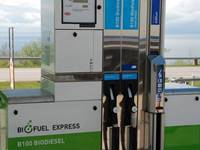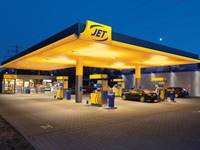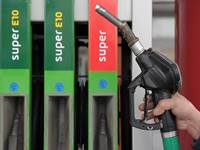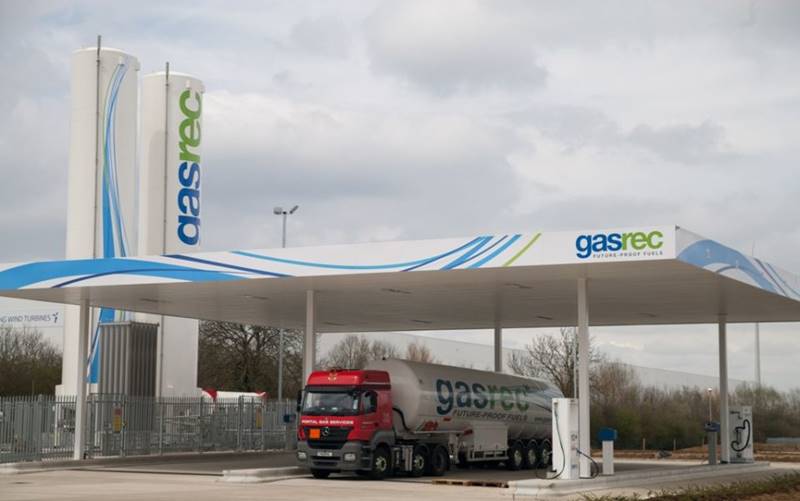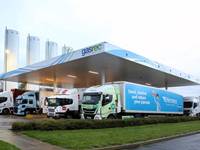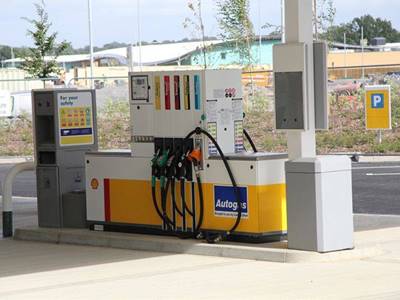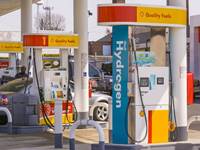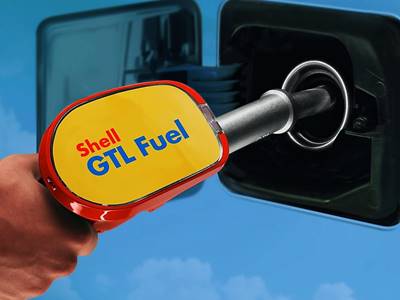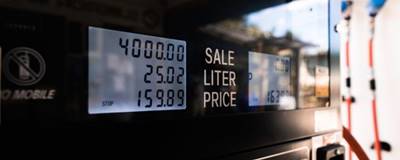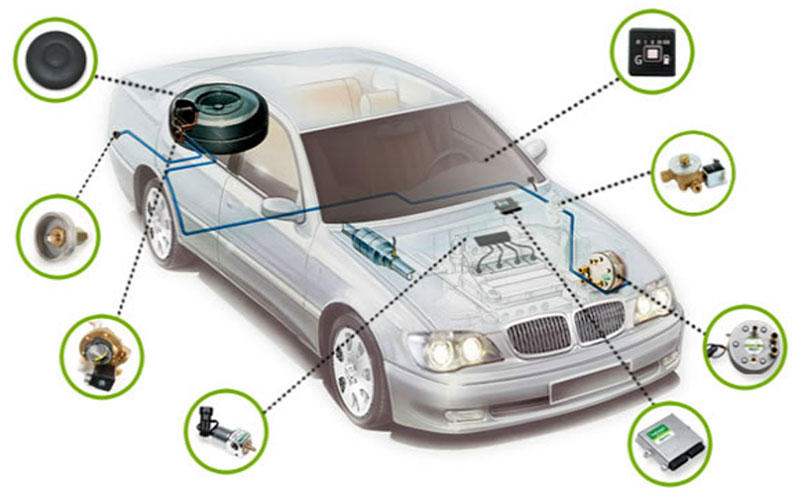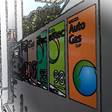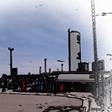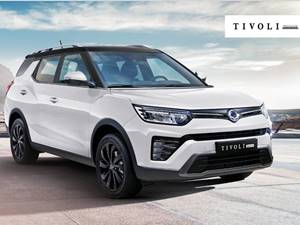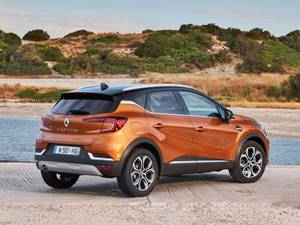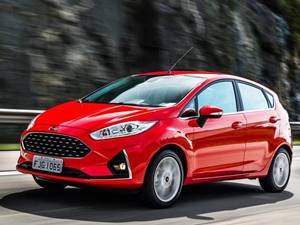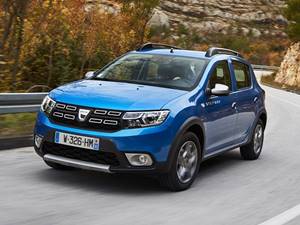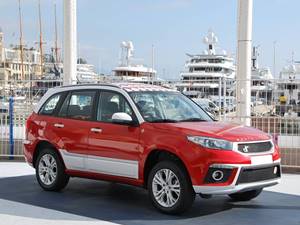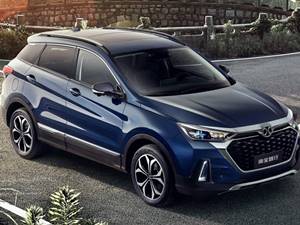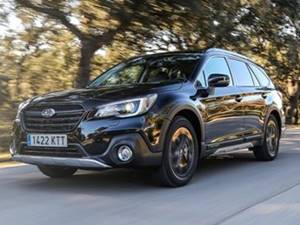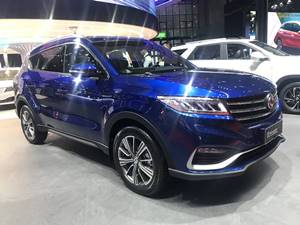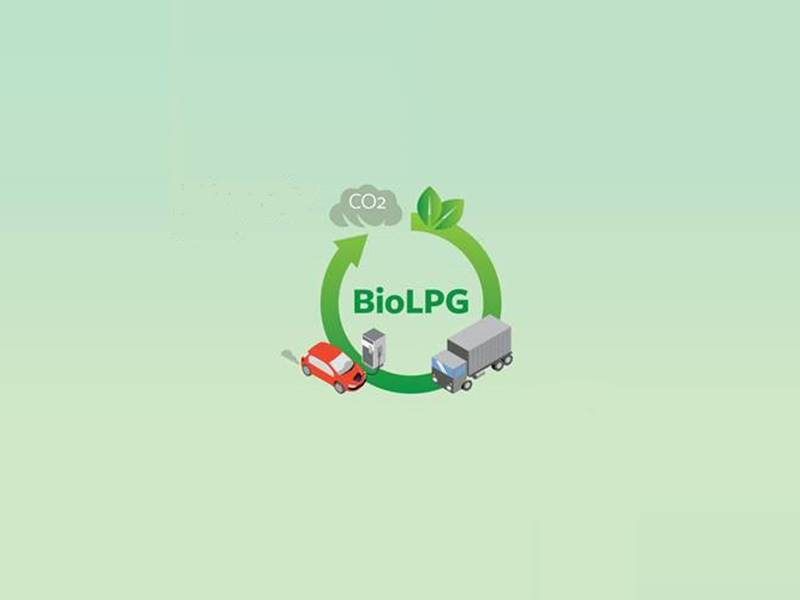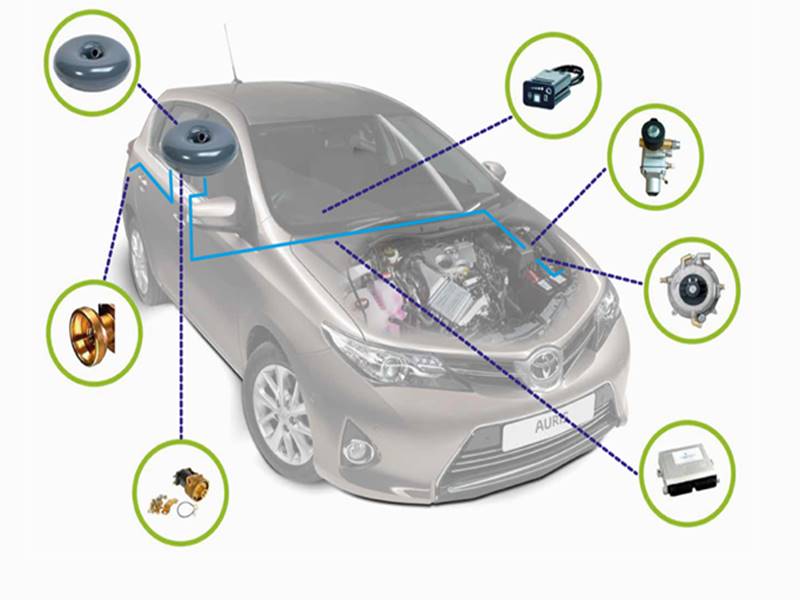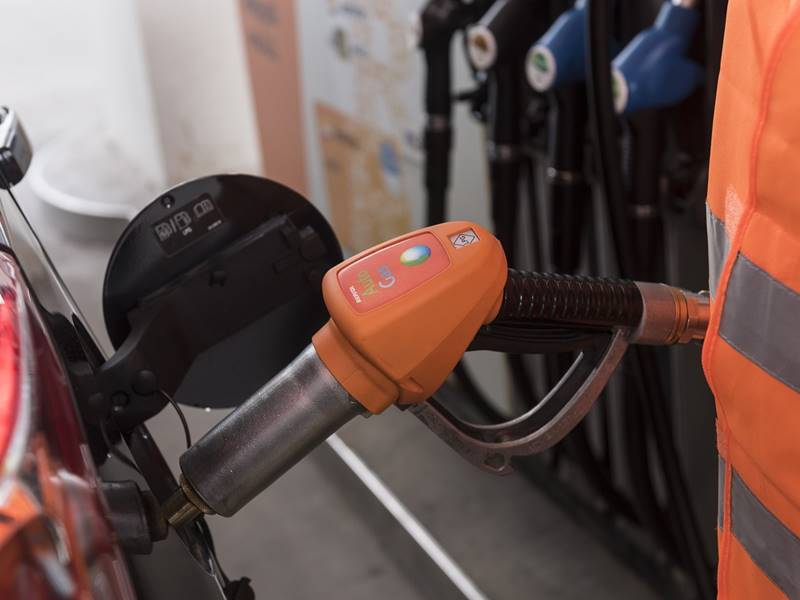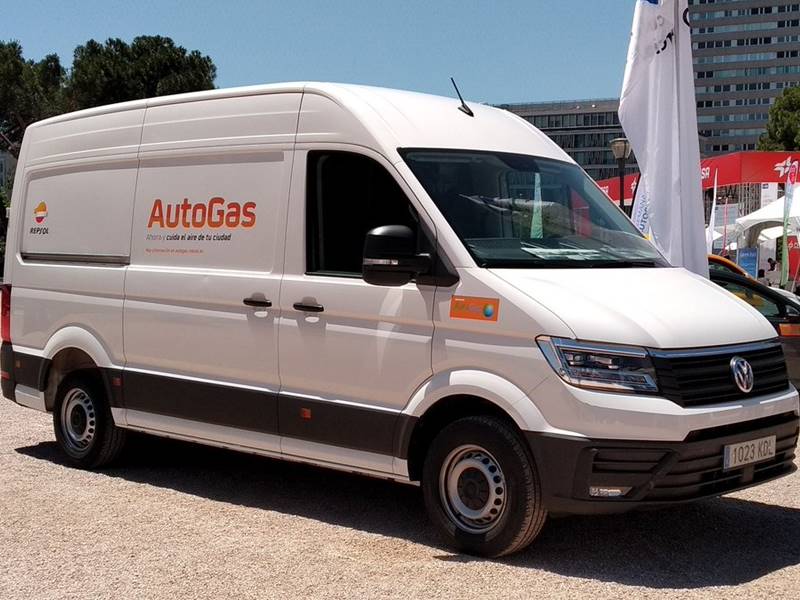where to refuel alternative fuels
New Propane Cars in USA in


A new LPG / Propane car model in the U.S. usually keeps the same gasoline system as the traditional version that incorporates the equipment to use propane.
- Dual Autonomy (Petrol + Propane)
A new LPG / Propane vehicle model in the U.S. usually keeps the same gasoline system as the traditional version that incorporates LPG equipment
- Purchase price similar to normal
The LPG/propane car is priced slightly higher than the gasoline version, but lower than the diesel version
- Economic savings of up to 40% in fuel
Although it can be established that operating in LPG / Propane mode the vehicle consumes a little more than gasoline, the price of fuel has a saving of more than 30%
- Immediate refueling similar to that of gasoline
The refueling of the supplier is carried out in a time comparable to that required to refuel gasoline. The system is also very simple and convenient.
- Savings in maintenance due to greater cleanliness
Because it is a cleaner system, catalytic converters, filters and "adblues" are eliminated, reducing the possibility of mechanical breakdowns. Thus, for example, the useful life of the oil is increased with what it means for the care of the engine
.
- No restrictions in cities or on ban days
In many cities there are benefits for the use of propane fueled cars because of their special protection of air quality as they emit almost no carcinogenic emissions
- No restrictions in cities or ban days.

According to the Propane Education & Research Council, there are nearly 200,000 on-road propane vehicles with certified fuel systems in the United States. Many are used in fleet applications, such as school buses, shuttles and police vehicles.
Propane vehicles are available from original equipment manufacturers (OEMs) or through conversion. Propane engines and fueling systems are also available for heavy-duty vehicles, such as vans and school buses, including some OEM-prepared engines, which are included in equipment packages with components that allow conventional vehicles to operate on propane.
New Propane Cars in USA
Ford Propane Cars:
F-150 F-250

